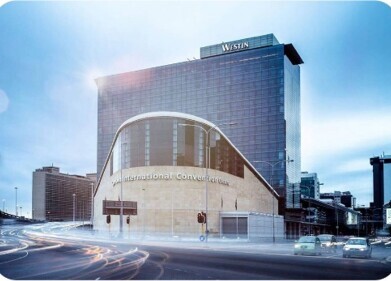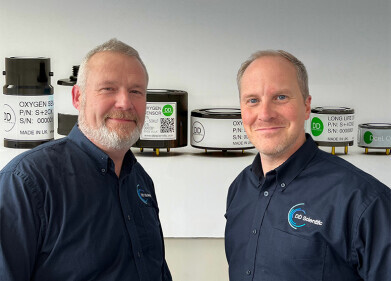Business News
Could 2020 Be the Year of Hydrogen?
Mar 01 2020
Hydrogen has long been touted as a green alternative to traditional forms of energy generation, such as burning natural gas. When produced via the electrolysis of water, hydrogen has a very low carbon footprint – and the only by-product created when it is combusted is that self-same water. As such, it’s far more beneficial in environmental terms, but as yet has not been used efficiently enough to make it viable on a national or international scale.
That could all be about to change in the coming 12 months. A trial being undertaken at Keele University in Stoke-on-Trent is seeking to blend natural gas with 20% hydrogen in order to meet its heating and cooking needs, thus resulting in lower carbon emissions as a result. If successful, the trial could be rolled out across the country and lead to dramatic reductions in the British carbon footprint.
A blueprint for the nation?
The Keele University trial, which has been dubbed HyDeploy – is the first of its kind to take place on UK soil. Keele was specifically chosen because it operates its own private gas network, allowing those in charge to amend the composition of the fuel used with little to no disruption to the university’s daily life. Indeed, staff on campus have claimed that nothing at all has changed since the trial began, except that now the university is responsible for fewer carbon emissions.
The gas company behind the scheme are Cadent, who ultimately wish to see it extended across the entirety of the British Isles. If every home and business in the country adopted a similar strategy, they say, the value of such a hydrogen-blended natural gas could be substantial. According to their estimates, introducing 20% hydrogen into fuel mixes would reduce carbon emissions to the tune of six million tonnes per annum, or the equivalent of removing 2.5 million cars from Britain’s roadways.
How the process works
There are two ways in which hydrogen can be produced. The first is via an electrolyser (which is the technique used at Keele), a device capable of separating water into its component parts (oxygen and hydrogen). This method results in only negligible amounts of CO2 emissions, but is as yet not very efficient. The second method is more economically viable and involves converting natural gas into hydrogen, but this technique creates significant carbon emissions and as such requires the use of carbon capture and storage (CCS) technology to be truly sustainable.
The 20% figure was chosen by Keele as it’s the optimum hydrogen contribution which doesn’t upset the status quo of how boilers function. It also makes sparing use of hydrogen, which is currently a resource that’s not in plentiful supply. However, leading manufacturers of boilers and heating equipment are pursuing 100% hydrogen solutions for the future, while the use of high technology gases in environmentally friendly road transportation is one other avenue where hydrogen can play a role in the national transition towards a greener tomorrow.
Digital Edition
IET 34.2 March 2024
April 2024
Gas Detection - Biogas batch fermentation system for laboratory use with automatic gas analysis in real time Water/Wastewater - Upcycling sensors for sustainable nature management - Prist...
View all digital editions
Events
Apr 30 2024 Melbourne, Australia
Apr 30 2024 Birmingham, UK
May 03 2024 Seoul, South Korea
May 05 2024 Seville, Spain
May 06 2024 Minneapolis, MN, USA



















